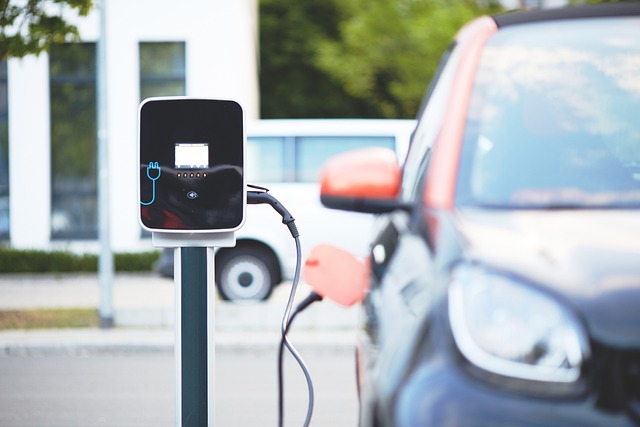Home Electric Vehicle Charging: A Complete Guide to Residential EV Chargers
Understanding home electric vehicle charging systems is essential for EV owners seeking convenient and efficient charging solutions. Home charging stations provide reliable power delivery while offering significant cost savings compared to public charging networks. This guide explores the key aspects of residential EV charging, including different charger types, installation considerations, and practical usage tips.

What Are Level 2 EV Chargers for Home Installation?
Level 2 EV chargers represent the most practical solution for home charging needs. These units operate on 240V circuits, similar to large household appliances, and can deliver between 3.7 kW to 19.2 kW of power. This charging capacity typically allows for complete vehicle charging overnight, making it ideal for daily use. Level 2 chargers require professional installation but offer significantly faster charging speeds compared to standard Level 1 equipment.
Understanding Electric Vehicle Charging Speed Options
Charging speed capabilities vary significantly among home charging solutions. Level 1 chargers, which plug into standard 120V outlets, provide about 3-5 miles of range per hour of charging. Level 2 chargers can deliver 12-60 miles of range per hour, depending on the unit’s power output and vehicle specifications. While DC fast charging exists, these systems are rarely suitable for residential installation due to power requirements and cost considerations.
How to Select the Right Electric Car Charger for Home Use
Several factors influence the selection of a home charging system:
-
Vehicle compatibility and maximum charging rate
-
Home electrical capacity and circuit availability
-
Installation location and cable length requirements
-
Smart charging features and connectivity options
-
Weather resistance for outdoor installation
Essential Considerations for Home EV Charging Installation
Professional installation requirements typically include:
-
Electrical service capacity evaluation
-
Permit acquisition and local code compliance
-
Circuit installation or upgrade
-
Weatherproof housing for outdoor units
-
Smart meter integration where applicable
| Charger Type | Power Output | Approximate Charging Time | Average Installation Cost |
|---|---|---|---|
| Level 1 (120V) | 1.4-1.9 kW | 8-20 hours | $0-300 |
| Level 2 (240V) Basic | 3.7-7.4 kW | 4-8 hours | $500-1,200 |
| Level 2 (240V) Advanced | 7.4-19.2 kW | 3-6 hours | $700-2,000 |
Prices, rates, or cost estimates mentioned in this article are based on the latest available information but may change over time. Independent research is advised before making financial decisions.
Maximizing Efficiency with Smart EV Charging Features
Modern home charging systems often include smart features that optimize charging processes:
-
Scheduled charging during off-peak rates
-
Mobile app monitoring and control
-
Energy usage tracking
-
Power sharing between multiple vehicles
-
Integration with home energy management systems
Residential EV charging continues to evolve with advancing technology and growing adoption rates. Understanding available options and requirements helps ensure successful installation and operation of home charging systems. While initial setup requires careful planning and investment, home charging provides convenience and long-term cost benefits for electric vehicle owners.




